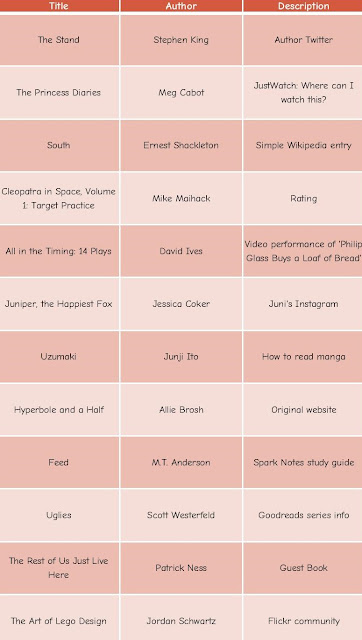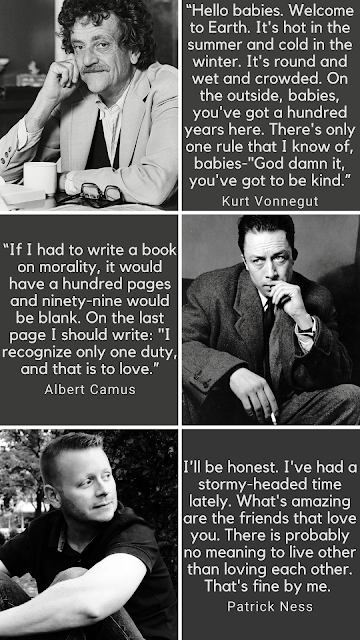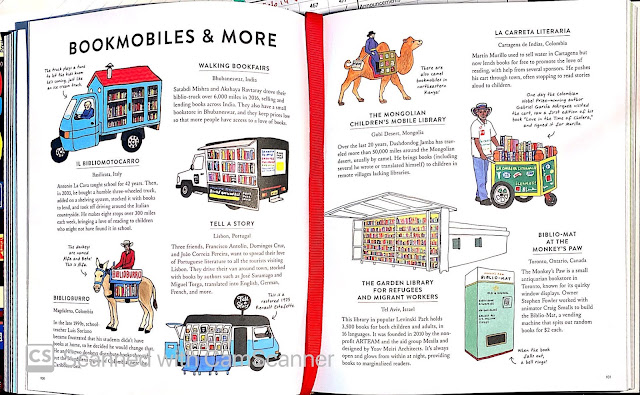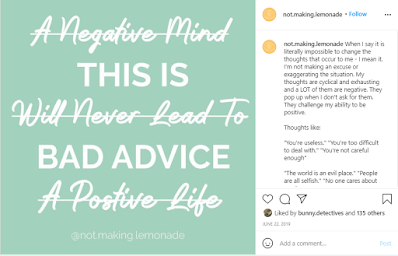Future Vision: QR Codes

Although I'd initially wanted to do a large-scale project for this Digital Artifact, I found that I was unprepared to learn how to code and design games from scratch. I'd wanted to create interactive art or metadata for the books in the library, based on a scan of the book cover. However, I am not able to do that at this time. Instead, I took a baby step toward the goal, by selecting a few books from the collection and creating QR codes to enhance reader interaction. I found that QR codes are very versatile, and can be used for many different applications, including links to apps on App Stores, videos, image slideshows, and even instant feedback. There were more options than I knew what to do with. So I fell back on what I'm good at: data collection and collation on Excel. Here's a table of the books I chose and what the QR codes do when scanned. And here are the codes, which I would print on square labels and affix to the front cover of each book. I'll add some ...


